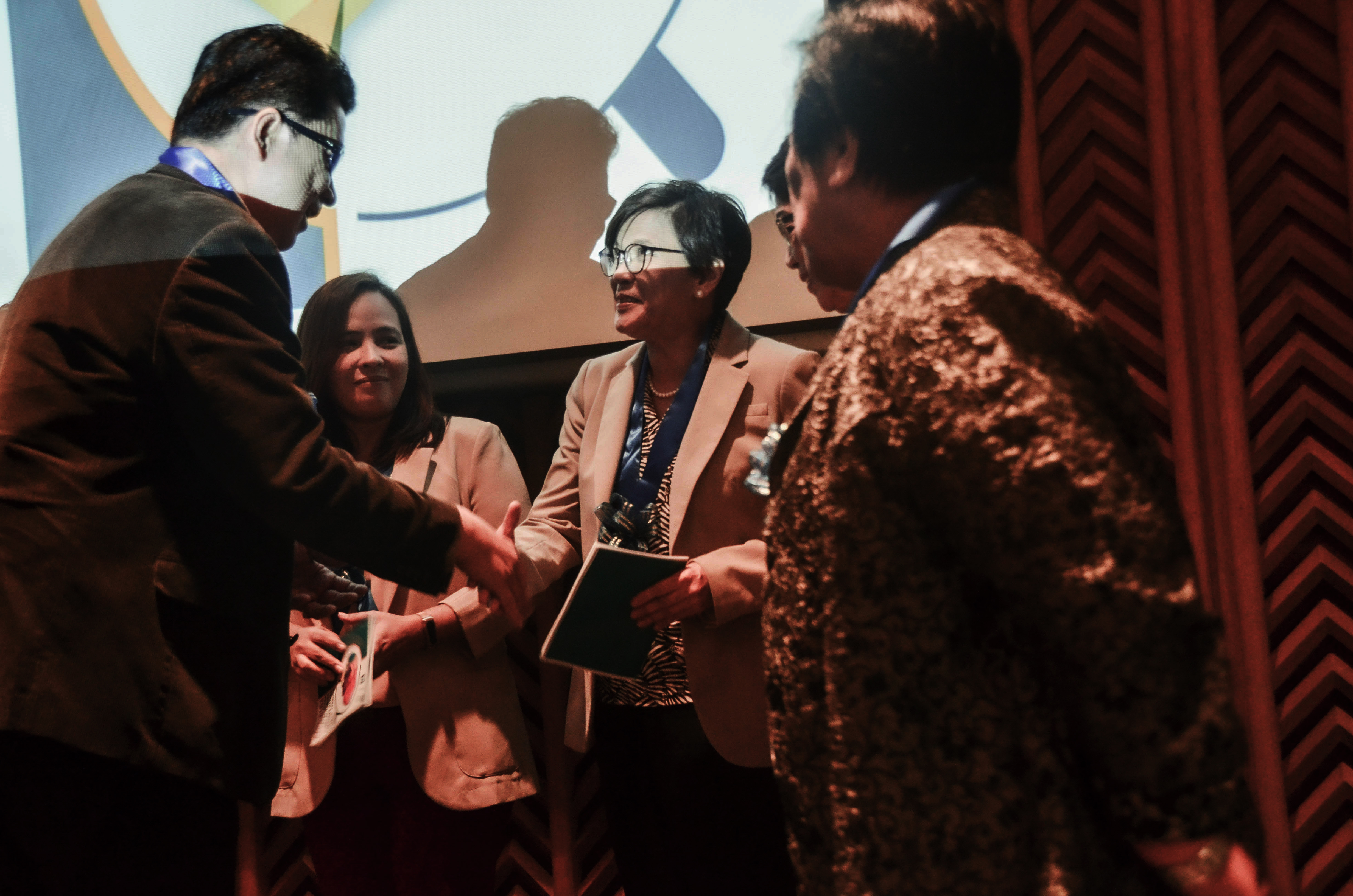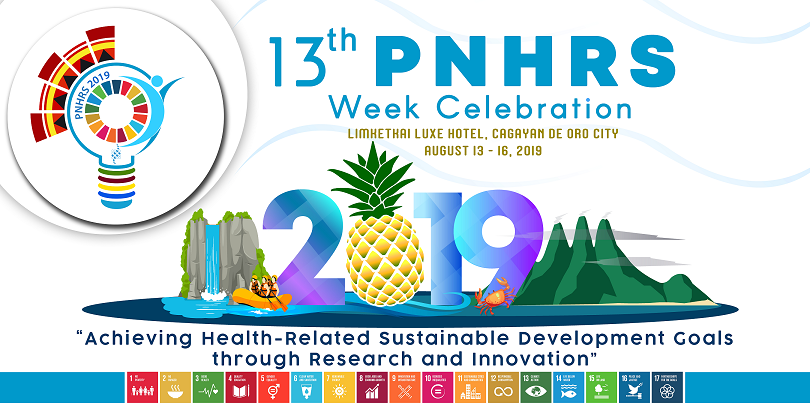- Christine Jane Gonzalez
- Latest News
- Hits: 2553
2020 Call for Applications: PhD Program in Molecular Biomedicine
The Department of Science and Technology – Philippine Council for Health Research and Development (PCHRD), the University of Trieste (UNITS) and Fondazione Italiana Fegato (FIF) enter into an Agreement to develop and implement of a program focused on molecular hepatology within the PhD Program in Molecular Biomedicine of UNITS. This Fellowship program integrates basic research and clinics focusing on the study of molecular approaches to cancer biology, genetics, jaundice and metabolic diseases. The duration of the program is for 3 years.
Applicant’s research interests must be aligned with the National Unified Health Research Agenda (NUHRA) and National Harmonized Research and Development Agenda.
Objectives
The PhD program aims to achieve the following objectives:
- Develop a pool of high-quality human resources in molecular hepatology in particular who will contribute to the country’s global competitiveness and economic development;
- Provide opportunities to deserving students to study and obtain PhD degrees in Molecular Biomedicine in reputable institutions abroad;
- Contribute to the country’s health research and technological innovation capabilities through training on biomedical research;
- Create the basis for a Filipino Liver Network integrating basic and clinical research in liaison with FIF.
Capacity
Two positions of PhD students will be available each year at UNITS (Subject to the availability of funds)
Eligibility
The applicant must:
- Be a Filipino citizen;
- Be in good health condition;
- Not be more than 40 years old at the time of application;
- Hold a Master's degree in a field relevant to health and biomedicine;
- Have an outstanding academic record;
- Passed the admission requirements for the PhD study;
- Passed the interview and other screening procedures;
- Conduct her/his research for the entire duration of the scholarship and of the PhD Program.
Scholarship Privileges
- Living allowance (20,000€/year);
- Book allowance (500€/year);
- Bench fee (4,000€/year);
- Health and accident insurance; and
- One round-trip economy fare from residence to Italy.
Selection Procedure
|
1st Selection Document Screening |
Documentary evaluation of the form and other requirements by DOST-PCHRD |
|
2nd Selection Technical Interview |
Technical interview by a panel composed of DOST-PCHRD Director, FIF Scientific Director (or a FIF delegate), or a member of the PhD Program in Molecular Biomedicine of the UNITS, and other health research experts to assess:
The interview will take place at DOST-PCHRD. |
|
3rd and Final Selection |
A panel from the PhD Program in Molecular Biomedicine (UNITS) will identify the successful PhD student(s) from among the candidates selected in the Technical Interview, based on their academic records and the selection criteria as established by UNITS. |
Timeline
|
March 17 |
Opening of the PCHRD Call for Applications |
|
May 15 |
Application deadline |
|
June - July |
Document Screening, Interview, and Announcement of the selected candidate(s) |
|
August - September |
Preparation of necessary documents (visa, insurance, bank account) |
|
November 1 |
Start of PhD program |
List of Application Documents (Forms) for PCHRD screening
- CV
- Accomplished application form with ID picture
- PSA Birth Certificate
- Valid NBI Clearance
- Endorsement Letter from two (2) former professors in MS program
- Certificate of Employment (if employed, recommendation and permission to take a leave of absence from employer or head of agency while on scholarship)
- Medical Certificate as to health status from a licensed physician with his/her PRC license number indicated
- Certificate of Master Degree
- Admission to Graduate Studies/Graduate School
- Transcript of Records (certified true copy)
- Program of Study/Course Curriculum (if available or to follow)
- Re-entry Plan (narrative)
- Budgetary Requirements (attach at least 3 airfare canvasses and website references for items requested)
Documents must be submitted to:
Address: Saliksik Building, DOST Compound, Gen. Santos Ave., Bicutan Taguig City 1631 Philippines
Email: This email address is being protected from spambots. You need JavaScript enabled to view it.




